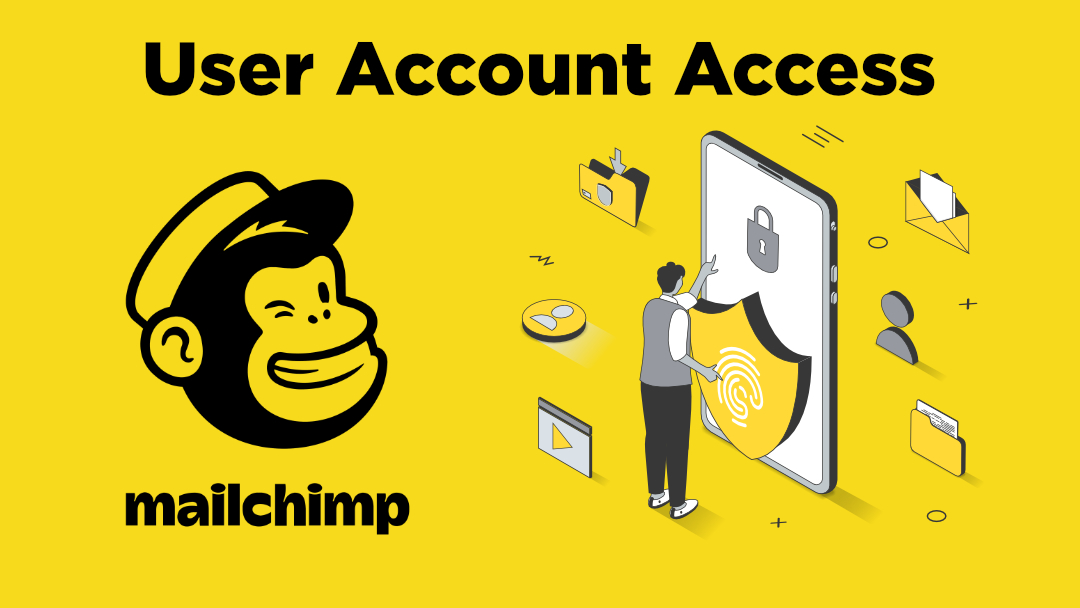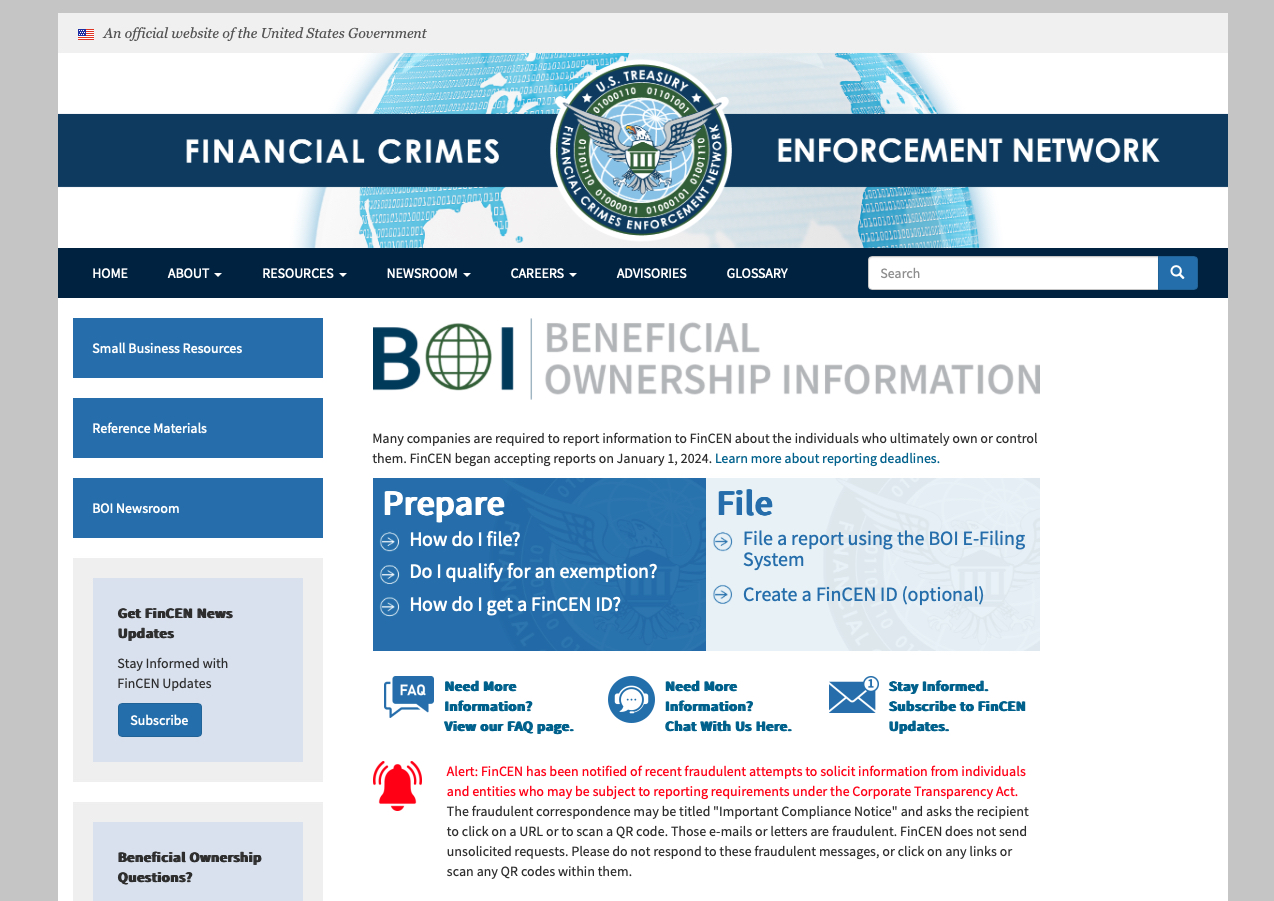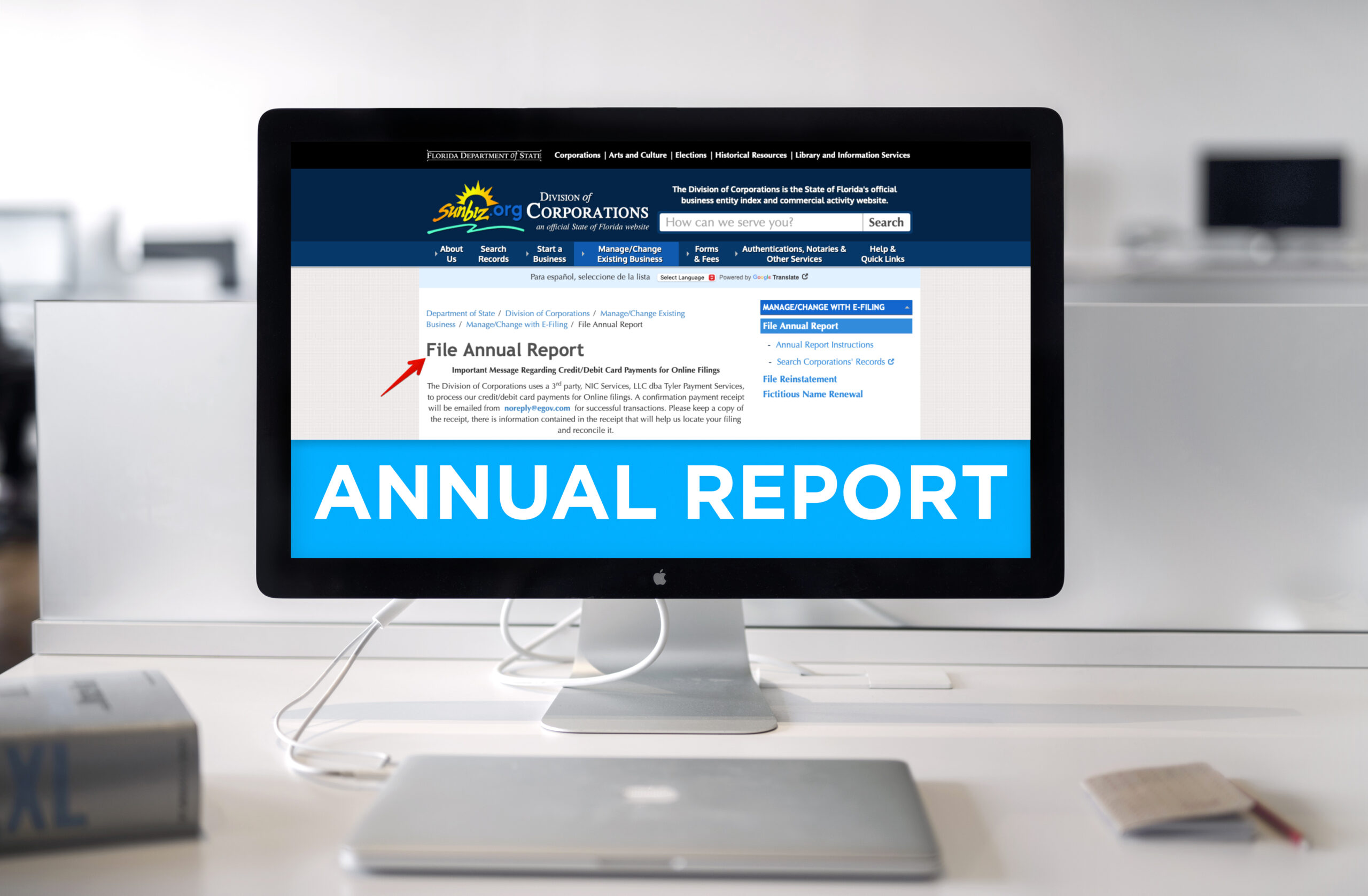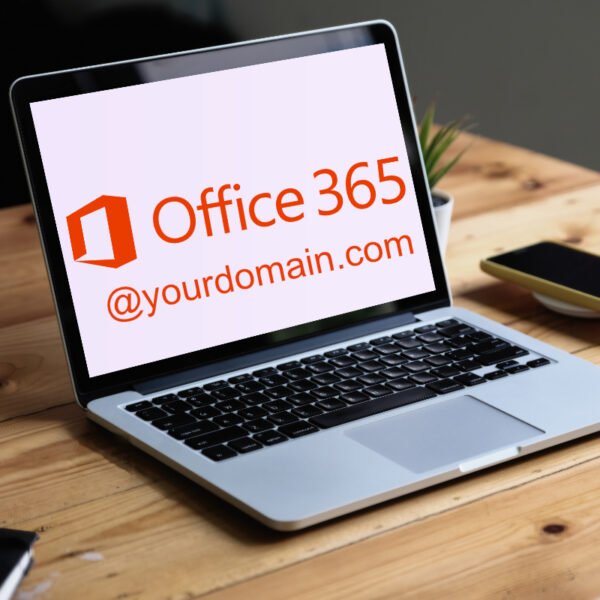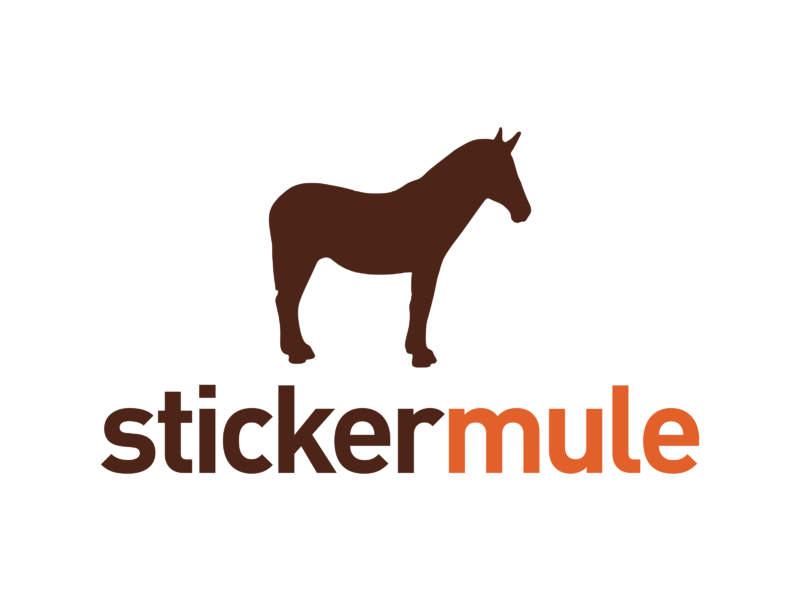All Posts
 Getting creative on websites can sometimes feel constrained due to traditional layouts and verbiage, and most certainly when it comes to navigation bar and menus. Many of us think that we need to have the standard, cookie-cutter menu navigation bars that have become the “norm” for almost all websites. You know the type:
Getting creative on websites can sometimes feel constrained due to traditional layouts and verbiage, and most certainly when it comes to navigation bar and menus. Many of us think that we need to have the standard, cookie-cutter menu navigation bars that have become the “norm” for almost all websites. You know the type:
~Home~ ~Our Services (or Our Products)~ ~About Us~ ~Contact Us~
Most are similar in wording and format. I’m not saying that there is anything WRONG with this per se but if you can, know that outside of conventional thinking and web design, you can get creative without compromising easy navigation of your site.

Websites are certainly your worldwide face but even the prettiest of girls can use a little makeup. Sometimes that’s demure or other times an unexpected shocking red lipstick drives home a certain affect. So can your website. Don’t be afraid to try and incorporate some artistic menu design ideas. I had a ball researching some pretty interesting and witty design elements for menu navigations.

I thought this was a great use of the industry-driven design even with the typical wording. Another idea would have been to use the bricks themselves as the navigation bar.

You don’t see many vertical layouts for navigation bars so this really stood out to me. I bet it does the same for the current and prospective clients too!
 Most of us would enjoy seeing a fun and innovative menu layout. This one made me comment out loud when I saw it “oh, that’s different”!
Most of us would enjoy seeing a fun and innovative menu layout. This one made me comment out loud when I saw it “oh, that’s different”!

Don’t be afraid to use representative artwork and images either with or in-lieu of typical or generic menu names. It gives a personalized look to customary naming conventions.

When to keep it standard vs. using Atypical menu choices

I would say this is probably governed by the industry you’re in. If you are let’s say a law firm, then maybe you wouldn’t use the layout above but creative wording can be your breakout of the blue suit moment. Don’t be afraid to use your thesaurus here as long as you don’t compromise the ease of use and appropriate industry jargon. Example: I’m a recent law school graduate looking to work at “JP Law Firm” and upon reviewing their website, I see a menu item titled “The Brief” (which is a legal term for a written document presented in court arguing why the party to the case should prevail). It would not be a tough leap to guess they were using that instead of “About Us”. It’s a witty play on words which can be a little amusing and personally, I’d be impressed by the break away. Not everything needs to be starched and buttoned up. So with this said:

What’s your menu
design du jour?
All Posts

Is it really necessary for a small company to have website?
Can I really make SEO work for me?
Can blogging really benefit my company?
Is this all just a waste of time and is any of this profitable?
In a very Dr. Phil-ish candidness, you bet your butt they do! And here’s why:

1. I’ve said this to potential clients, current clients, on previous blogs and to my friends…YOU NEED A WEBSITE! Whether you live in a big city or small town, the truth is that most of the world doesn’t know you exist. Unless your business has a product or service that is exclusive to your geographical region, you need to expand not only your mind but also your client list and profit margin. How else can a small company in Nebraska acquire a client in Maine?
2. If you have sneakers, you need laces. Since you need a website, you need SEO. It’s the only way to get higher rankings in the major search engines for your company with limitless advertising. Yes, it can be a little time-consuming at first if doing so yourself (or you can just hire someone to do it…see www.jpdesigntheory.com) but it is worth the time and your dimes.
 3. Do you see the visual example of a necessary principle? The more you or someone else writes about your company and services/products
3. Do you see the visual example of a necessary principle? The more you or someone else writes about your company and services/products  exposure
exposure  expansion & growth.
expansion & growth.
4. It’s evident from all the market growth and promotion of social media, it is not only big now but it’s here to stay.Customers are savvy enough now to use it to their advantage and that directly benefits your company if you get on board. Especially since customers are utilizing all the tools the worldwide web offers to discuss product/service experiences and research them prior to purchase.
 In the end, I hope these answers to common questions help you to understand the importance and necessity of websites, SEO and blogging. Can’t wait to see YOU on the www!
In the end, I hope these answers to common questions help you to understand the importance and necessity of websites, SEO and blogging. Can’t wait to see YOU on the www!
Web Development

The other night, I made my browser draw a circle. To be honest, there was more to it than just that, but that’s what my fiancee saw, and she–being an “end user” of web technology– was nowhere near as impressed as I was.
I’m talking, of course, about HTML5 Canvas, the ability to essentially “draw” on an area of the browser. This has the potential for a bunch of cool things, including games or web applications. In fact, HTML5 and CSS3, which are still technically “in development” have the potential to allow for a lot of innovation to the web.
Which brings me to my point–users, whether they are clients or family members, will probably not understand the significance of HTML5 Canvas or geolocation, but there are certain times when they should be made aware of the benefits of newer technology. This could be explaining to a client the benefits of HTML5’s markup (particularly on a static site they update) or sharing an HTML5 based game with someone in your family. While they may not fully appreciate all the features of newer technology, they may be able to see how it benefits them and appreciate the smaller bits–especially if you make it relevant to their situation and keep the explanation short and simple.
The fact is that technology will always be changing and evolving. The web isn’t any different. Being able to understand and share these changes is one of the great parts of being a web developer.
I drew a circle. Want to see?
All Posts, Web Design
From around the internet I’ve found some cool infographics that I wanted to put together to show you. I think they’re getting more popular lately, and they’re easy on the eyes to view while providing great informative content.3
The Internet’s Undersea World

What People are doing on the internet

The life of an article on the web

Largest bankruptcies in history

16 Million Colors – For real!

SEO Check List

All Posts, Web Design
This may be a question that strikes a bad feeling through your spine if you’re not really sure. But a very important question I ask when coming across a new client that wants an overhaul on their current site and transfer hosting companies. A hosting company is a business that has large amounts of servers that store your site information, data, and files. A hosting company can also register your domain name. Some well known hosting companies include MediaTemple, Register.com, GoDaddy, and 1and1. I use 1and1 because they’ve been around for a number of years, and I’ve been hosting my websites with them for over six years without an issue. Their up-time is guaranteed at 99%, and they’re technical support is available 24/7. This is important when trying to add features or get help on settings.
Now upon logging in to their current hosting website control panel (if they have access to it), I’m able to see who the site is actually registered to, who the technical contact is, and who the domain is registered to. There has been a few occasions where the business I was working with had no direct access to their site or hosting company. The reason why this is so important is that without being properly listed as the owner of a domain, the current registrar actually legally owns that domain URL. Sure there can be some loopholes and legal tricks to fight this, but this is something that can be easily avoided. Let me show you a few ways to look up and check your own information.
Visit a website called Whois.Net. They offer free website look up information that shows the hosting company, domain creation date, last edited, expiration date, contact information and of course domain registration information. See this screenshot below for the look up information for WordPress.org:

By looking at the information above you can see the domain ownership information and contact information. There is more to see here and if you’re interested, click here to see the full description. It’s also worth mentioning that the information is open to the public to see. So if you don’t want people knowing where you live, real email address, and home phone number you may want setup a mailing address and separate contact information. Other free websites for looking up website information are Domain Tools and Network Solutions. Both offer the same information as far as domain contact and ownership information.
Your homework from this post is to look up your own domain and see who is listed as the contact and owner. If it isn’t you, contact your web designer or hosting company and be sure to have it updated with YOUR information. If you have troubles or need help, give us a call and we’ll surely help. (888-603-1090).
 Getting creative on websites can sometimes feel constrained due to traditional layouts and verbiage, and most certainly when it comes to navigation bar and menus. Many of us think that we need to have the standard, cookie-cutter menu navigation bars that have become the “norm” for almost all websites. You know the type:
Getting creative on websites can sometimes feel constrained due to traditional layouts and verbiage, and most certainly when it comes to navigation bar and menus. Many of us think that we need to have the standard, cookie-cutter menu navigation bars that have become the “norm” for almost all websites. You know the type: Most of us would enjoy seeing a fun and innovative menu layout. This one made me comment out loud when I saw it “oh, that’s different”!
Most of us would enjoy seeing a fun and innovative menu layout. This one made me comment out loud when I saw it “oh, that’s different”!

















